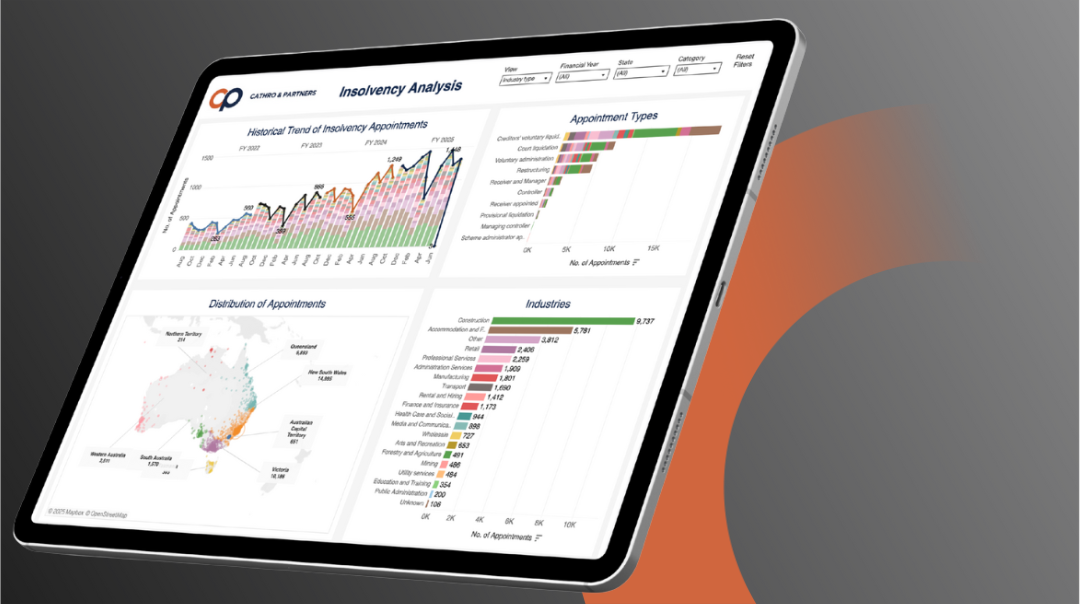As part of the 2020 Budget Digital Business Plan, the Federal government at the time announced the full implementation of the Modernising Business Registers (MBR) Program. The Legislation that enabled the MBR to proceed received Royal Assent on 22 June 2020.
The program was estimated to cost $480m and be completed in the 2023/2024 financial year at the time of its implementation.
Its primary aim was to simplify access to and combine the Australian Business Register (ABR) and thirty-one business registers administered by the Australian Securities and Investments Commission (ASIC) onto a single platform. This platform would then be administered by the Commonwealth Registrar (the Registrar) under legislation and as a separate statutory function of the Australian Taxation Office (ATO).
Part of the MBR program included the introduction of a director identification number (director ID), which has now occurred and was primarily implemented in response to the problems associated with Illegal phoenix activity in the economy more broadly.
Public consultation on the program commenced on 12 March 2021 and ended on 1 April 2021. The general consensus from the submissions made during the consultation period was position, albeit with some concerns around the provision of directors’ information and the privacy elements that go hand in hand with those.
The current government commissioned a review into the program in February 2023 which handed down its report recently and has now resulted in the program being scrapped.
The report noted that the program’s estimated costs had already surpassed the $480m forecast had skyrocketed to a staggering $2.8 billion with a five-year delay in expected completion.
Instead, the review report proposes reallocating approximately $515 million to shift registry functions from the Australian Taxation Office to the Australian Securities and Investments Commission and continue to utilise the existing systems.
The suggested move of the registry function from the ATO to ASIC appears to add further burden to an already overburdened corporate regulatory.
This appears to have been an expensive missed opportunity that will hopefully be revisited in the near future.





